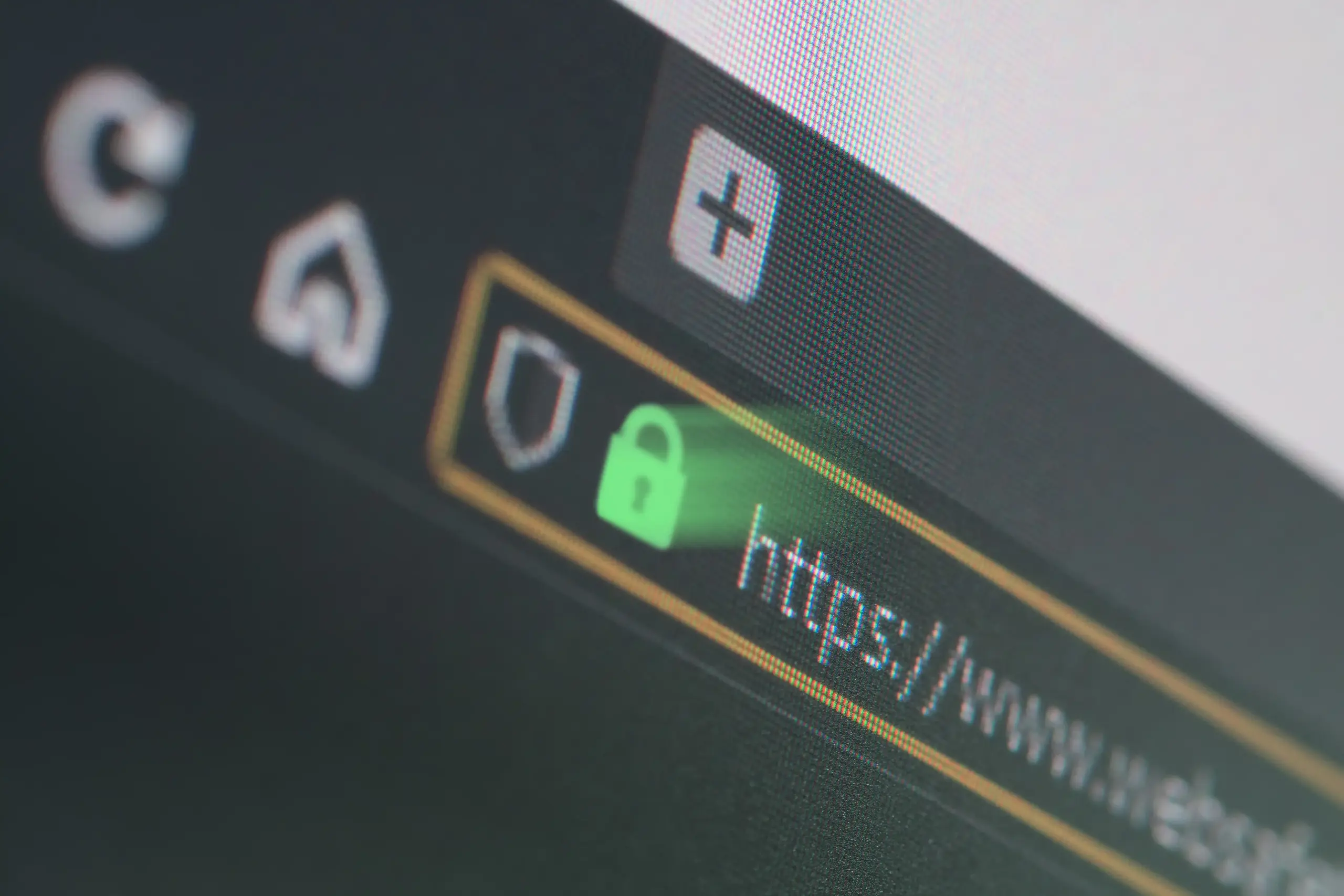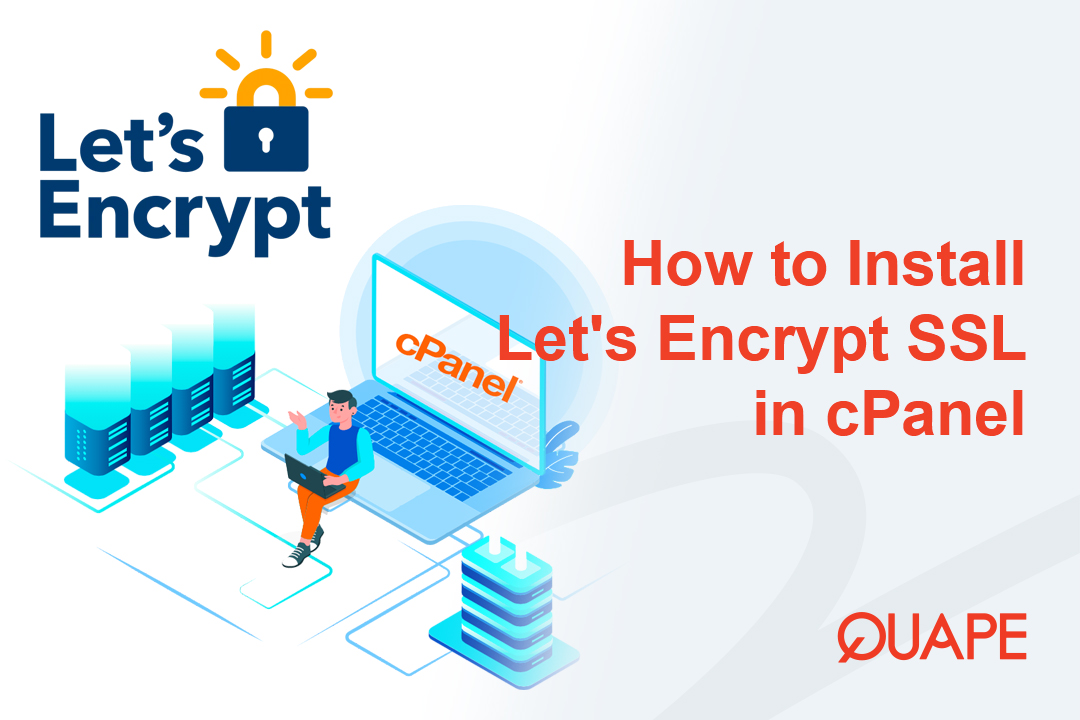If you’ve ever filled out a form, made an online payment, or even just browsed a website, you’ve likely seen a small lock icon in your browser’s address bar. This seemingly minor detail signifies something crucial: the website is secured with an SSL certificate. For website owners, understanding what an SSL certificate is and why it’s essential is no longer optional. It’s a fundamental requirement for security, user trust, and even your search engine ranking. In this guide, we’ll demystify SSL certificates, explaining what they are in simple terms, why they are so important, and how they benefit your website.
Table of Contents
ToggleWhat is an SSL Certificate?

An SSL (Secure Sockets Layer) certificate is a small data file that digitally binds a cryptographic key to your website’s details. In simpler terms, it’s a digital security guard for your website. When a website has an SSL certificate, it enables an encrypted connection between your website’s server and your user’s browser. This process is called SSL/TLS encryption (TLS, or Transport Layer Security, is the modern, more secure version of SSL, but the name “SSL” is still commonly used).
Without an SSL certificate, all data—including passwords, credit card numbers, and personal information—is sent in plain text, making it easy for hackers to intercept. With an SSL certificate, this data is scrambled, or encrypted, making it unreadable to anyone but the intended recipient.
How to spot a secure website:
- The URL starts with
https://instead ofhttp://. - A padlock icon appears in the browser’s address bar.
- The browser may show a “Secure” message next to the URL.
Why an SSL Certificate is Crucial for Your Website?
SSL isn’t just a nice-to-have; it’s a critical component of any modern website. Here’s why.
1. It Protects Your Website and Your Users’ Data
This is the most important reason for having an SSL certificate. It protects sensitive information from hackers. Without it, any data a user submits on your site—from a contact form submission to login credentials and payment details—is vulnerable. The encryption provided by SSL is a vital layer of defense against cyber threats.
2. It Builds Trust and Professionalism
When a visitor sees the “Secure” padlock icon, they immediately feel safer and more confident on your site. For an e-commerce store, a secure connection is non-negotiable for building the trust needed to make sales. For any business, it signals professionalism and a commitment to protecting customer data. Conversely, a “Not Secure” warning in the browser is a massive deterrent that can cause visitors to leave your site immediately.
3. It’s a Direct SEO Ranking Factor
Google has been promoting a more secure web for years and officially announced that HTTPS is a ranking signal. While it’s a minor factor, a site with an SSL certificate will have a slight advantage over a similar site without one. Over time, as more websites adopt HTTPS, those without it will be at a greater disadvantage. This alone makes an SSL certificate a vital part of your SEO strategy.
4. It Improves User Experience
The “Not Secure” warning in modern browsers can damage user trust and is a poor user experience. By having an SSL certificate, you eliminate this warning, ensuring a smooth and professional user journey.
Types of SSL Certificates

Not all SSL certificates are the same. They come in different types, with varying levels of validation and cost.
- Domain Validation (DV) SSL: This is the most common and easiest to get. It simply validates that you own the domain. It’s perfect for personal websites, blogs, and small businesses that don’t collect sensitive user data. Free certificates like Let’s Encrypt are a type of DV SSL.
- Organization Validation (OV) SSL: This requires a deeper level of verification. The Certificate Authority (CA) verifies your domain ownership and your organization’s legal existence. It is suitable for businesses that need to build a higher level of trust.
- Extended Validation (EV) SSL: This is the highest level of validation. The CA conducts a thorough check of your organization. When an EV SSL is active, some browsers will show your company’s name in the address bar, providing the ultimate level of trust. This is often used by large corporations and financial institutions.
For most beginners and small businesses, a free DV SSL from providers like Let’s Encrypt (which is often included with your hosting) is more than enough to secure your site and reap all the core benefits.
Conclusion
An SSL certificate is no longer an optional add-on; it’s a fundamental security measure that every website needs. By encrypting data, it protects your users and builds trust, while also giving your site a crucial boost in search engine rankings. Whether you are running a simple blog or a complex e-commerce store, the security and credibility provided by an SSL certificate are essential for your online success.
Ready to secure your online presence? Quape, a leading web hosting and domain company in Singapore, offers a range of high-performance hosting solutions that include free, auto-renewing SSL certificates. With Quape, you get the tools and support you need to keep your website secure, fast, and primed for success. Explore Quape’s hosting solutions today and take the first step toward a more secure and trustworthy website.
- How to Fix Err_Connection_Reset and Its Causes - November 12, 2025
- What Is Apache? A Simple Guide for Beginners - October 27, 2025
- What Is Nginx? A Simple Guide for Beginners - October 27, 2025




